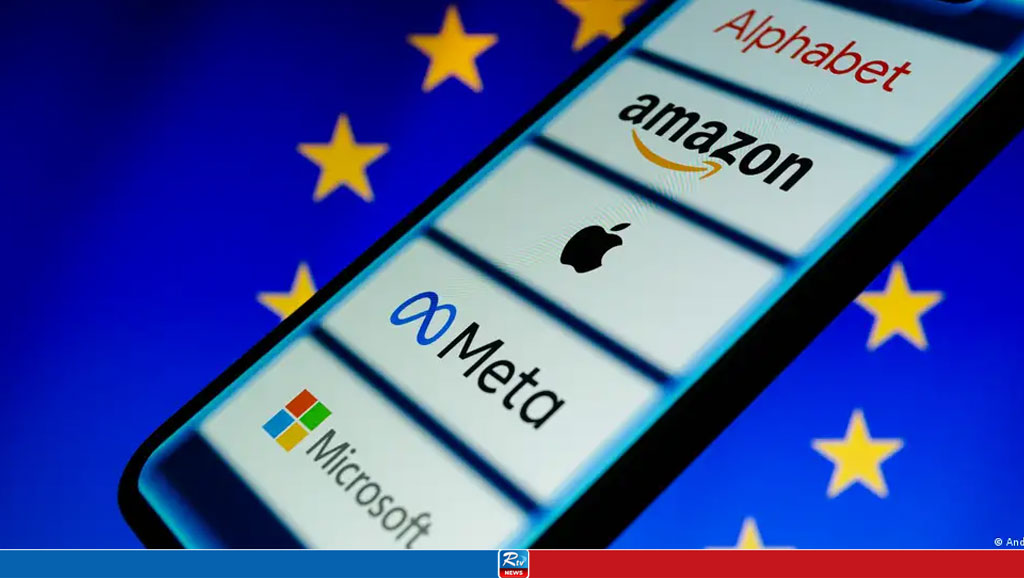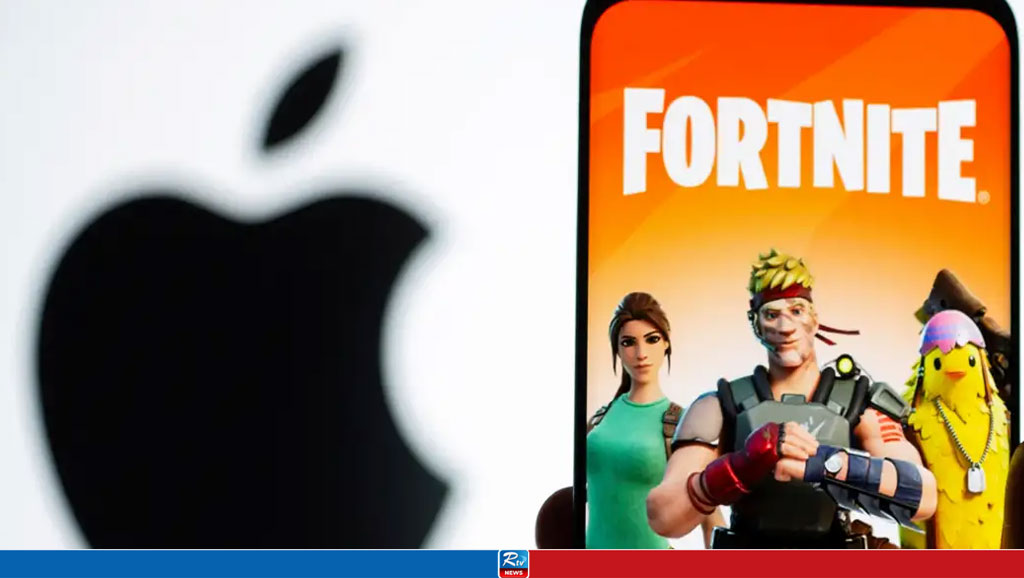Apple pulls the plug on its self-driving e-car project

Apple has ended its decadelong autonomous vehicle effort, known as Project Titan. The stock market breathed a sigh of relief in response, with insiders pointing to areas where Apple should redouble its efforts instead.
Traditional car manufacturers in Europe, Asia and the US face a number of problems, some of them of their own making. To make matters worse, the creeping concern that tech companies could crowd legacy firms out of the personal mobility market looms over manufacturers like the figurative sword of Damocles. This threat materialized when Google parent Alphabet and Apple announced their self-driving car endeavors, Waymo and Project Titan.
Traditional car manufacturers worried they would be reduced to hardware delivery services, providing motorized base frames for "smartphones on wheels." As of this week, however, these fears might be a thing of the past, with Apple announcing that it was canceling its Titan electric vehicle project.
Instead, New York-based business daily The Wall Street Journal reported that some of the 2,000 car-developing staff members would shift to working on artificial intelligence (AI). That move could affect several hundred hardware developers, according to the US media group Bloomberg.
The AI field, specifically using programs such as ChatGPT to create new content from ever-growing mounds of data, is considered far more promising. Despite this, layoffs are to be expected.
E-cars a difficult market for Apple
Many insiders had been generally reserved about Apple's efforts to enter the auto industry, arguing that its business model was entirely different than that of the tech industry.
They pointed out that electronic components for car manufacturing could not simply be sent by mail, or digitally uploaded to customers' computers. Instead, the business required shipping large and heavy parts across the globe, and maintaining them regularly.
Insiders also contended that, not least due to the many regulations in the industry, the development cycles for automotive products lasts much longer — not weeks and months, but years.
Finally, the profit margins in the automotive sector are much lower than in Apple's tech business. From the very beginning, car manufacturers had cautioned that building and selling a car was not easy.
In the past few years, there was speculation that Apple might wind down its own development efforts simply by buying up a large component supplier or car manufacturer. The potential involvement of British luxury car builder McLaren was the subject of much debate.
Elon Musk, the founder of the US-based automotive and clean energy company Tesla, said he once offered to sell his car manufacturing business to Apple amid production challenges hounding Tesla's Model 3 line. But, as Musk recounted, Apple CEO Tim Cook wasn't even interesting in talking.
Billions down the drain?
Project Titan cost Apple over $10 billion (€9.3 billion), according to a report this week in The New York Times. Bloomberg estimated that the car development costs broke down to $1 billion each year.
Other market observers, such as analysts at the US consulting firm Guidehouse, believe Apple invested between $15 billion and $20 billion in development. That's money that will now be freed up for other projects, including in the car sector.
In a report on Apple's exit from the autonomous vehicle race, Wall Street analyst Erik Woodring wrote that "Apple is exhibiting some welcome cost discipline on longer-tailed future projects." He suggested that AI might be one of these endeavors.
Speaking to Apple's work on electric vehicles (EV) and autonomous vehicles (AV), he added that "Apple's EV/AV efforts were too far behind well-funded competitors to represent a viable path towards commercialization and product differentiation."
The stock market responded to the announcement with a fair bit of relief, even if the cancellation did not lead to a jump in the share price. But a small uptick in the company's stocks after the decision was announced indicated that investors were glad to see Apple put its expensive car project in the rearview mirror.
'A good decision' to stop Project Titan
Most investors agree that Apple's cancellation of Project Titan was the next logical step. Jonathan Curtis, chief investment officer of the US-based Franklin Equity Group, told the German business newspaper Handelsblatt he believed it was the right choice for Apple to get involved in the automotive industry.
Citing the well-worn adage that cars are essentially "computers on wheels" nowadays, he added that his trust had invested billions in Apple. Curtis also told the German paper that he thought Apple's cancellation of its Project Titan was also "a good decision."
Now, Curtis argued, Apple would have to focus on ensuring that the AI on its phones ran smoothly. He pointed to one of Apple's uncharacteristic failures, asking: "What is one of the worst products that Apple's released in the last 10 years?"
The answer, he said, was Siri, Apple's virtual voice assistant. "If Apple can fix Siri," he argued, "they could launched a massive new iPhone cycle." Then the tech giant could sell new services that offered real added value in association with Siri software, Curtis said.
At a digital shareholder's meeting last week, Apple executive Cook announced that his company had new AI features in store. Traditionally, such promises to "break new ground" are saved for Apple's annual Worldwide Developers Conference in June.
Comments
Jacob Zuma barred from running in election

45 dead in South Africa bus crash, 8-year-old girl only survivor

World's most expensive cow sold for $4.3 million in Brazil

Turkey: Polls close in Erdogan's 'last election'

Italy is overtaking Germany as Europe's economic powerhouse

Lawmakers urge Biden to call out more Chinese biotech firms

Gaza death toll crosses 33,000


 Live Tv
Live Tv




